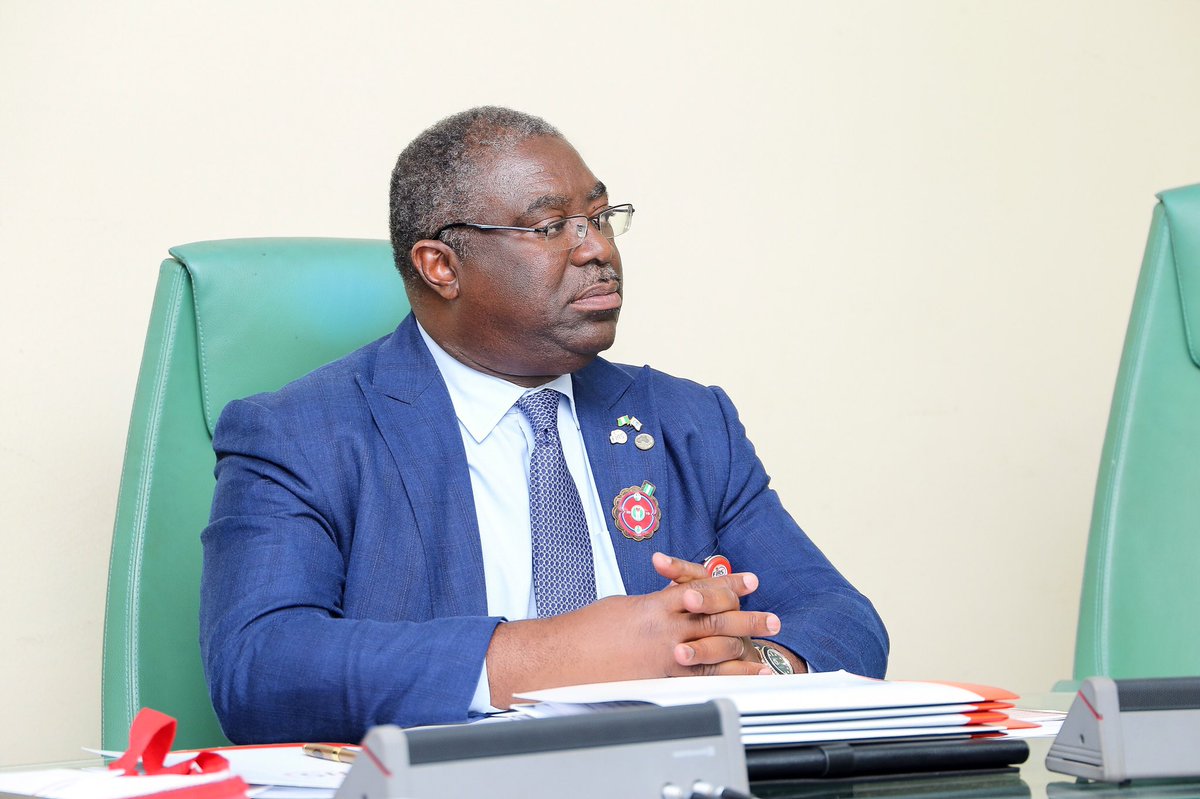BY OLOBAYO DEBORAH
Movement is one of the key functions of any living organism. Naturally human beings, as the leaders of the food chain are expected to take advantage of this prerogative to the fullest. In essence, people are filled with desires that necessitate their moving from a certain area to another where they think their needs could be met. Therefore, movement can be as simple as leaving your sitting room for your bedroom or could involve more complex processes like those involved in gaining entry into a foreign land or territory.
Migration or movement of people in this case, from place to place is an essential need for survival. By migrating, one may be running from natural disasters, fleeing war zones, avoiding epidemics, economic deprivation or just for the curiosity of the mind. It is a must for people to interact by exchanging physical location from time to time.
As in all human affairs, regulation is important in order to curb abuse. This brought about immigration laws where countries draft their own statutes to control the influx of people in and out of their territorial borders. Like most human beings to solve problems, the immigration policies of nations have also created their own fair share of challenge. Not the least of which are the tough hurdles to be scaled in getting a Visa or authorization to travel to a country of choice.
Advertisement
The challenges of the twenty-first century especially the economic shake ups going on the financial markets have tightened the house of deprivation. This adversity is however strongly felt by citizens of many countries. This storm has hit hard even on the coasts of Africa and our dearly beloved fatherland, Nigeria, is unfortunately not excluded from its destructive impact.
Many individuals tipping on the brink of poverty will do almost anything to keep themselves from falling into this abuse of lack. Hence, they develop lure for allures of foreign lands, where ‘the land is always green’ as we so think. Since obtaining visas these days proves even more difficult than the hunger pursuing the people from their country in the first place, many have resulted in entering foreign countries illegally or through the ‘back door’. One of the many frequented countries where Nigerians love to go is Italy. The land of the Romans has always been a fascination for Nigerians. This is for many reasons, among which is its closeness to the Mediterranean seas. Even though many have been known to pan through near death experiences while journeying across the Sahara desert, others still try their lucks in sailing across the Mediterranean seas. Although, in some instances, many pass through the seas safely, a lot more get drowned under its crushing waves, never to be seen again (food for the deep).
Those who get lucky to make it across without being caught by the coastal guards in patrol boots get to find out that even the streets paved with gold need to be dug. Then comes the bigger challenge; adapting to a fast-paced life. Thousands of miles away from home where all one sees is a sea of white faces, everyone in a hurry, minding their businesses. And worst, everyone is speaking in a tongue as foreign to one as the cold winds of winter blowing down from the mountains in the horizons.
Advertisement
The culture shock as it is called, hits the unprepared migrant quite hard, that many are left stranded on the streets. Among the many challenges Nigerian illegal migrants face in Italy is obtaining the necessary paperwork in order to get a decent job. However, since they are not documented migrants, this most times proves to be a tall order. As we all know, no work, no food’. Therefore, hunger becomes another problem to contend with. These problems add up with the terrible conditions of the harsh weather, strange, foreign language and homesickness. Many Nigerians are known to do odd jobs, even going as far as exchanging sexual favors for petty financial rewards.
Many migrants who might have disposed of valuable property at home in Nigeria to fund their trips only find out too lately that they were probably better off staying at home. That might be an issue of crying over spilt milk because most of them are unable to return for the shame that they brought nothing tangible with them. So they are forced to endure tough conditions just to survive and find their footings on shaky ground.
In conclusion, it’s better to stay here in Nigeria and seek out new ways to contribute to the system than to take unnecessary risks into the unknown. A collective effort of us all to invest in our dear Nigeria will not only help to make us proud in the committee of nations, but would help in many other ways. Even we as individual Nigerians will generally enjoy the returns of our fatherland. Nigerian citizens shouldn’t have to go through life endangering situations and work as slaves in foreign lands in order to make something out of their lives. Truly like the old saying, There is no place like home’. Nigerians should love their fatherland, as there are opportunities everywhere, not just in foreign lands.
Contributing to the nation as a whole begins with individuals changing their individual thinking to the positive. It begins with individuals changing their attitudes to the positive. It begins with individuals changing their values, beliefs, attitudes toward one another. It begins with integration and relation with love, unity, hope, dutifulness, discipline, honesty, diligence, amongst other virtues.
Advertisement
It begins with individual Nigerian citizens abiding by the laws of the state and executing their duties duly. It begins with individuals engaging actively in national matters for the greater good of every citizen of the country and the country as a whole. Contributing to the development of Nigeria begins with you; it begins with me. And it begins today.
Olabayo is a student of the University of ibadan
Views expressed by contributors are strictly personal and not of TheCable.
Add a comment






